Daily dietary guidelines for teenagers 12-13 years
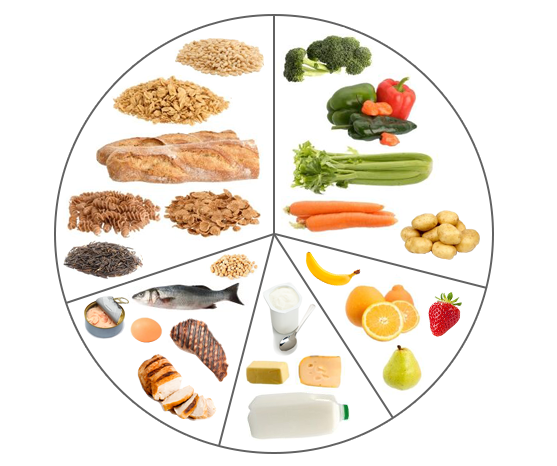
Teenagers need a wide variety of healthy foods from the 5 food groups. How much food teenagers need depends on body size and activity levels.
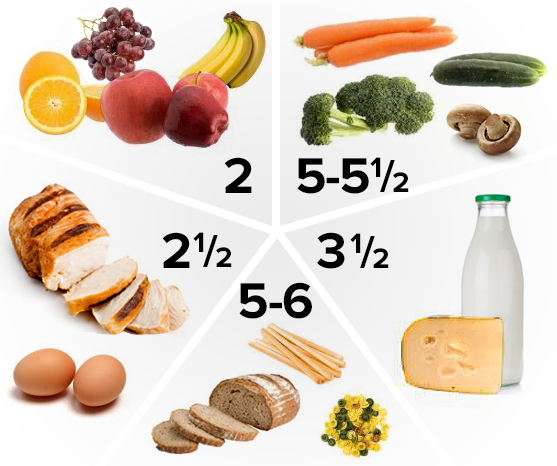
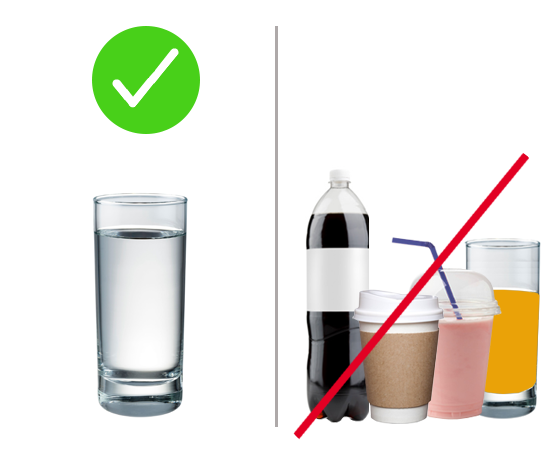
Teenagers need 5-6 cups (1.4-1.6 L) of fluid each day and extra on hot or humid days or if they sweat a lot. Water is the best drink for teenagers. They can also have reduced-fat milk.
Teenagers should avoid soft drinks, fruit juices, flavoured milk or water, sports drinks, energy drinks, tea and coffee. Teenagers aged under 18 shouldn’t drink alcohol.
Food groups: daily serves of fruit, vegetables, cereals and grains
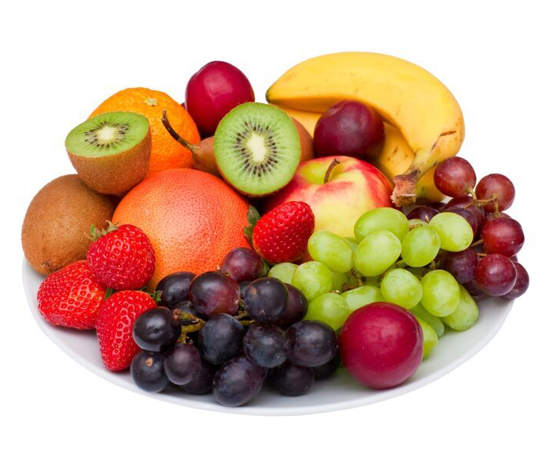
Fruit: 1 serve = 1 medium apple, banana, orange or pear; or 2 small plums, kiwi fruits or apricots; or 1 cup diced or canned fruit (no added sugar). Offer 2 serves each day.
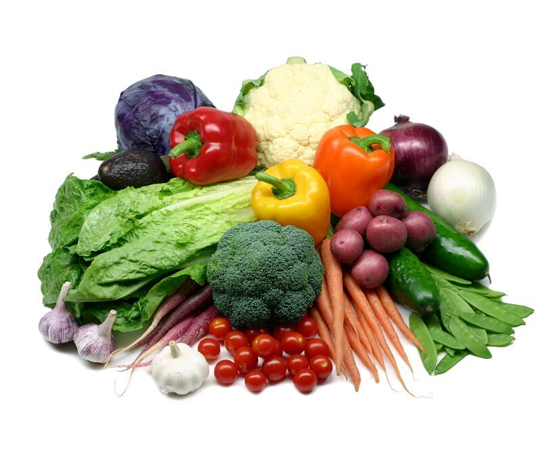
Vegetables: 1 serve = ½ a medium potato (or sweet potato or corn); or ½ cup cooked, canned or frozen vegetables (like broccoli, spinach, carrots or pumpkin); or 1 cup green leafy or raw salad vegetables; or ½ cup cooked, dried or canned beans, legumes or lentils. Offer 5-5½ serves each day.
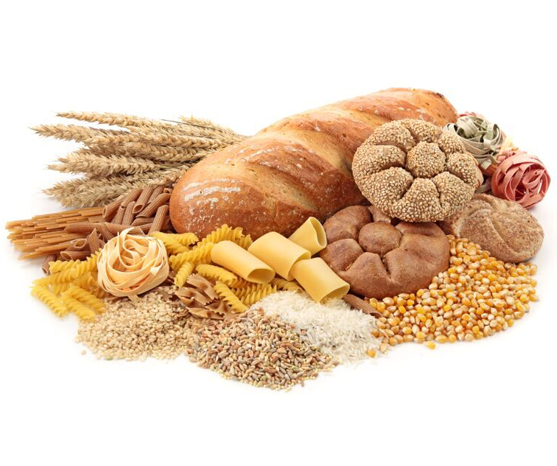
Cereals and grains: 1 serve = 1 slice of bread; or ½ cup cooked rice, pasta, noodles, quinoa or polenta; or ½ cup porridge; or ⅔ cup wheat cereal flakes; or ¼ cup muesli; or 1 crumpet or small English muffin. Wholegrain is best. Offer 5-6 serves each day.
Food groups: daily serves of dairy, meat and healthy fats
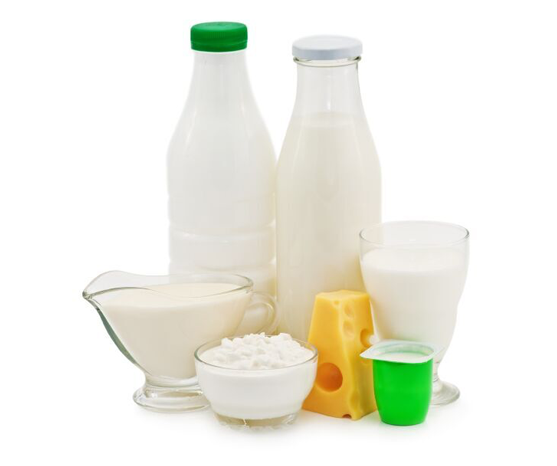
Dairy and dairy alternatives: 1 serve = 1 cup (250 ml) pasteurised cow’s milk; or 1 cup soy, rice, almond or oat milk with at least 100 mg of added calcium per 100 ml; or 2 slices cheese; or ¾ cup (200 g) yoghurt; or ½ cup ricotta cheese. Choose mostly reduced-fat dairy. Offer 3½ serves each day.
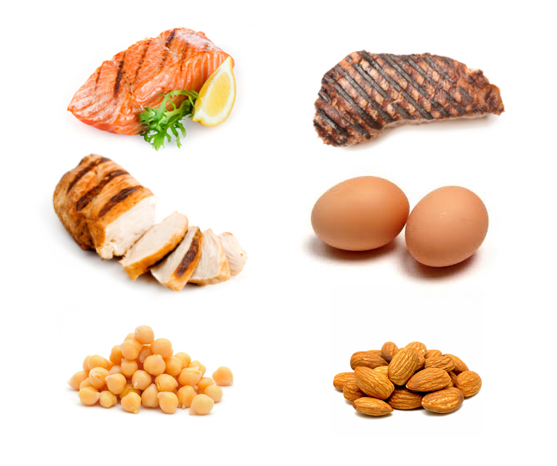
Meat and meat alternatives: 1 serve = 65 g cooked lean beef, lamb, veal or pork (weekly max. 455 g); 80 g cooked lean chicken or turkey; or 100 g cooked fish fillet; or 170 g cooked tofu; or 2 large eggs; or 1 cup cooked lentils, chickpeas or canned beans; or 30 g (1½ tablespoons) peanuts, almonds, sunflower seeds or sesame seeds. Offer 2½ serves each day.
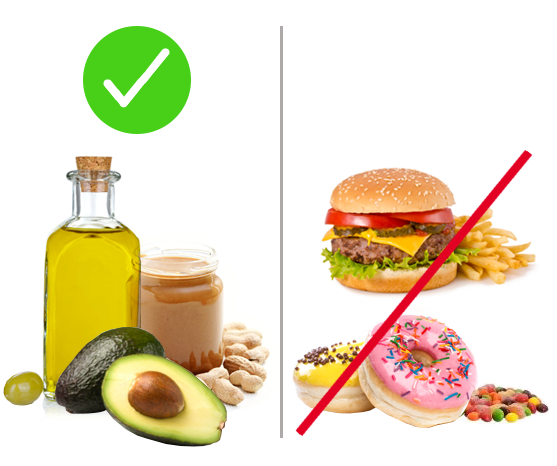
Healthy fats: you can include 1½ serves of unsaturated fats in cooking, baking, pastes or dressings. 1 serve = 1-2 teaspoons (5-10 g) of olive, canola and rice bran oil or margarine made from these oils; or 1-2 teaspoons (5-10 g) of nut or seed pastes; or 1 tablespoon (20 g) of avocado.
Avoid foods like cakes, biscuits, chips, lollies, processed meats, and fried or takeaway foods. They can be high in saturated fat, sugar and salt.